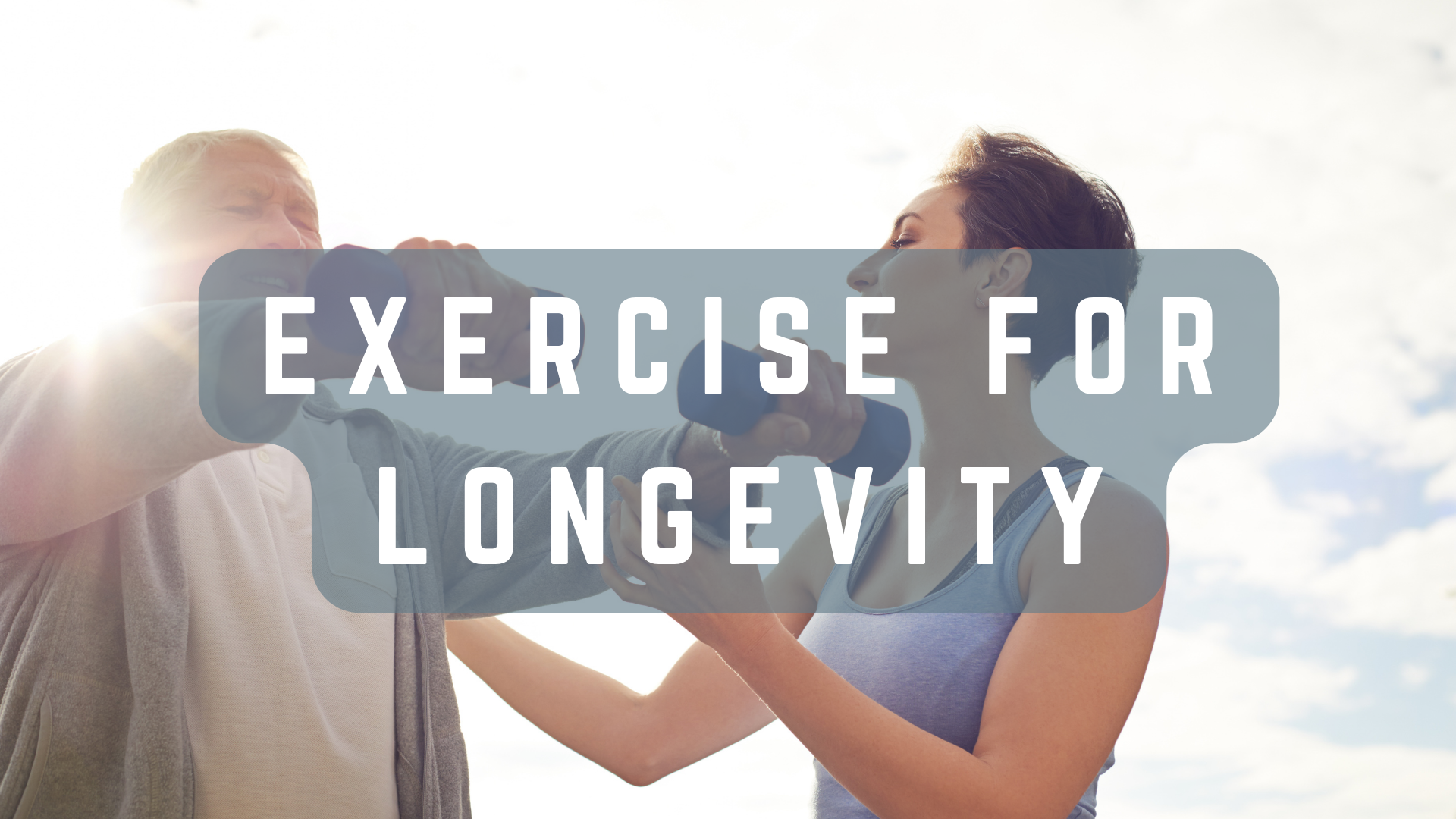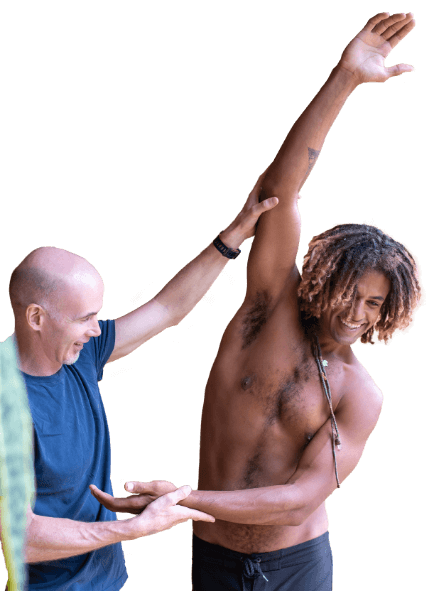
Aging is an inevitable part of life, but the way we age is, to some extent, within our control. Muscular weakness has long been associated with a decline in overall health as we age. However, a recent study of 1275 older adults has shed new light on the relationship between muscular strength and aging (1). The intriguing findings suggest that maintaining strong muscles may be vital to slowing down the biological aging process.
The Link Between Muscular Weakness and Aging
The authors state, “There is a large body of evidence linking muscular weakness, as determined by low grip strength, to a host of negative aging-related health outcomes. Given these links, grip strength has been labeled a ‘biomarker of aging.”
But they wanted to see if there was a link between low grip strength and a higher biological age, as tested with an epigenetic clock.
Epigenetic clocks give you an idea of your body’s biological age instead of your chronological age. To put that another way, if you had identical twins who were both 40 years old, but one was overweight, never exercised, drank excessively, and had a history of high stress. By contrast, the other ate well, managed stress, and had a regular exercise regime; a biological clock should be able to say that the ‘hard living’ twin had a body that had aged faster than the other. This would be, although they are the same chronological age.
In my podcast, “Your Lifestyle Is Your Medicine,” I interview Dr. Morgan Levine. She is a professor at Yale who has helped develop biological and epigenetic clocks and goes into detail about their pros and cons – link below.
Muscular weakness has been linked to various adverse outcomes associated with aging, like diabetes, cognitive decline (e.g., Alzheimer’s disease), and early all-cause mortality. The groundbreaking aspect of this study lies in its discovery that increasing muscular strength contributes to a slower pace of biological aging.
So what does this mean?
To me, it really underscores the importance of regular physical activity, including strength training, in our lives. This is important because nearly all my clients over 50 have no regular weight training routine. If they lift weights, they are usually 2-5 lbs, which is not enough.
Here are a few key takeaways:
If you want to add healthspan to your lifespan, email me to see how I can help: ed@edpaget.com
Source:
1. https://pubmed.ncbi.nlm.nih.gov/36353822/

Over the last 10 years Ed has been building a YouTube library to help people manage their own pain or movement limitations and increase performance through exercise. He regularly adds videos so be sure to subscribe and visit regularly


"Oh My Gosh- I am ALREADY feeling relief after a few days! I used to wake up 2-3 times a night with shooting pain that anti inflammatories couldn't touch. Now I have been waking up just because I want to notice what it feels like to lay in bed pain free- THANK YOU!."

"When I first started with your program I was experience a lot of pain. Walking was difficult. I had to stop and catch my breath every few minutes and lean against a wall for support. Now when I walk with my husband we go for over an hour. I never had to sit down and stop...and, hardly any pain!!! 😊😊 I can’t thank you enough."
Frustrated that you aren't recovering fast enough?
Discover how to heal from illness and injury using movement, food and lifestyle.